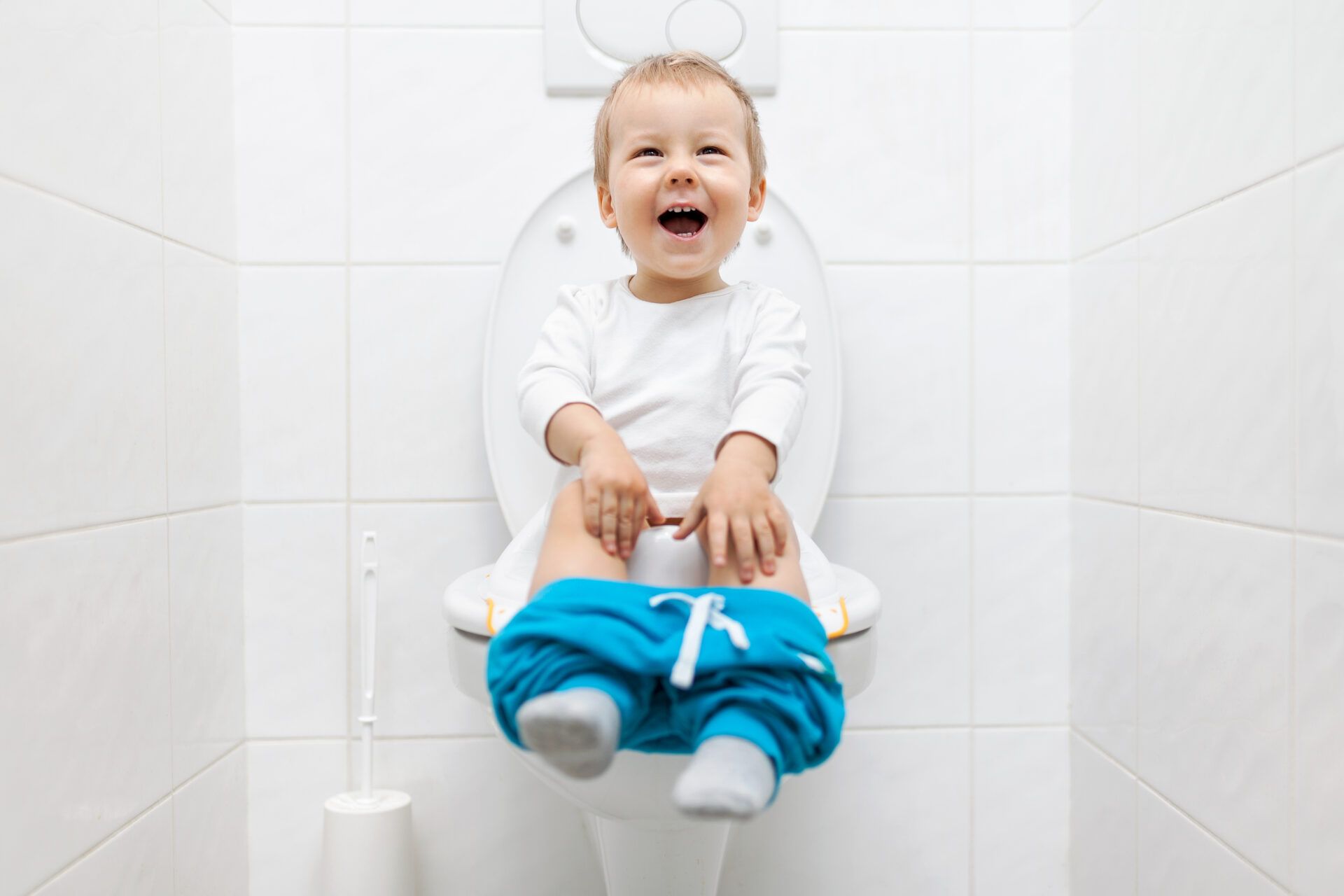Potty Accidents
Why is my child having potty accidents?
Potty accidents aren’t fun for anyone. It can impact a child’s relationships with their family and friends. Here are 5 common reasons children have accidents
Constipation
Chronic constipation is the main cause of pee and poop accidents in children that have been potty trained. This is a great handout to see if your child has any of the main signs of constipation. Did you know that pooping every day doesn’t mean they aren’t constipated? “The Poo in You” is a video with a great explanation of what happens inside the body.
Lack of Awareness
Many kids may not have any idea that they have to go. They may not realize that they have to use the bathroom until it’s too late, or until they’ve already gone. Knowing what is happening inside the body can be a hard concept for kids with difficulty with sensory awareness.
Poor Potty Posture
Poor potty posture makes it hard to clear out the bladder and bowels. The Squatty Potty or other step stool helps support the feet which lets the pelvic floor muscles relax. Therapists can also help with postural awareness and strength to help with the proper potty posture for successful toileting.
Scary Bathrooms
The bathroom can be a scary place for kids! Sitting with dangling feet, the noise, and the smell can all make kids avoid the potty. Many children avoid public bathrooms because of these fears.
Medical Reasons
There could be a medical reason your child is having accidents. If you have concerns about your child’s accidents talk to your pediatrician. They can help decide if a referral to gastroenterology or urology is needed.
Who can help my child?
If you think your child might have constipation or is struggling with accidents, please reach out for a free screening! Sometimes, you may need the help of a physical, speech, or occupational therapist to help identify the reasons for your child’s accidents and/or constipation.
Pediatric Therapists
Therapists trained in pediatric incontinence can provide treatment with:
- Core strengthening
- Biofeedback
- Bladder re-training
- Behavior and diet strategies
- Body awareness to help realize the urge to go
- Posture training
- Increasing fiber rich food intake
- Increasing variety of foods

